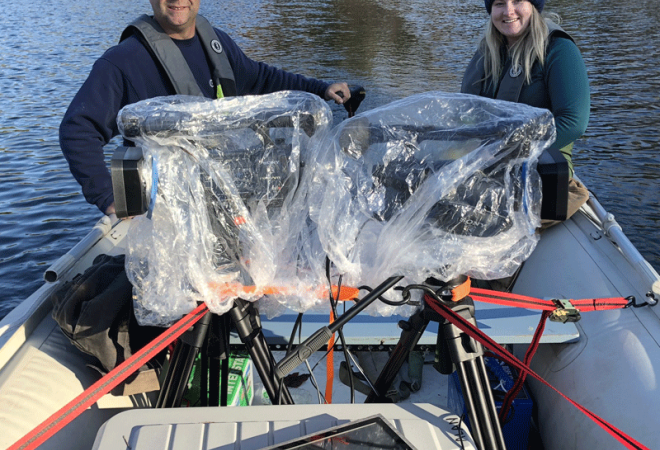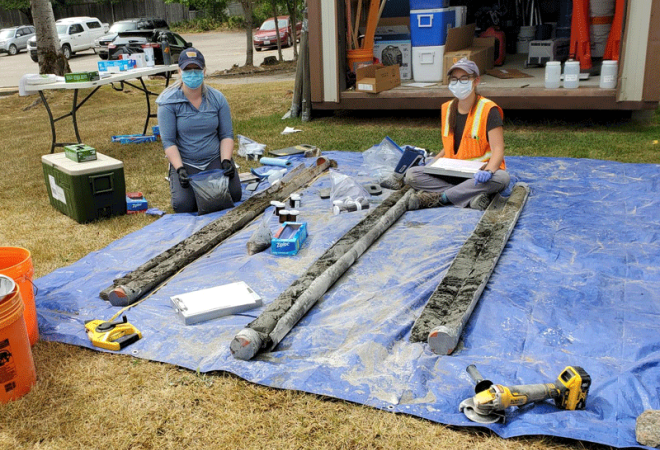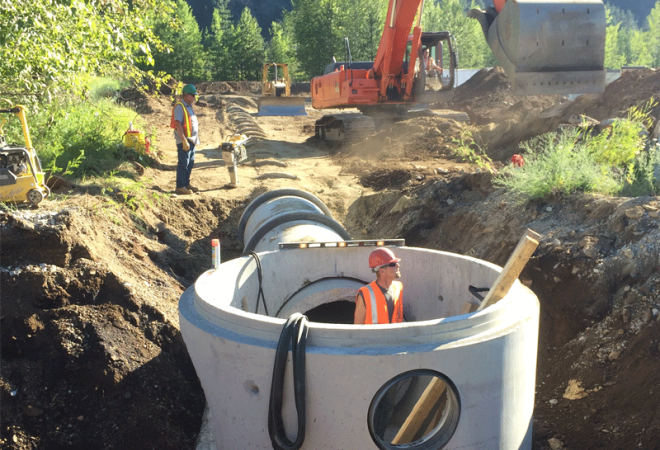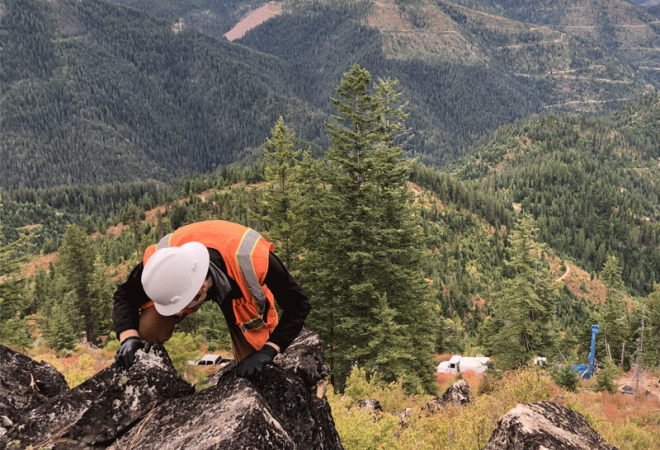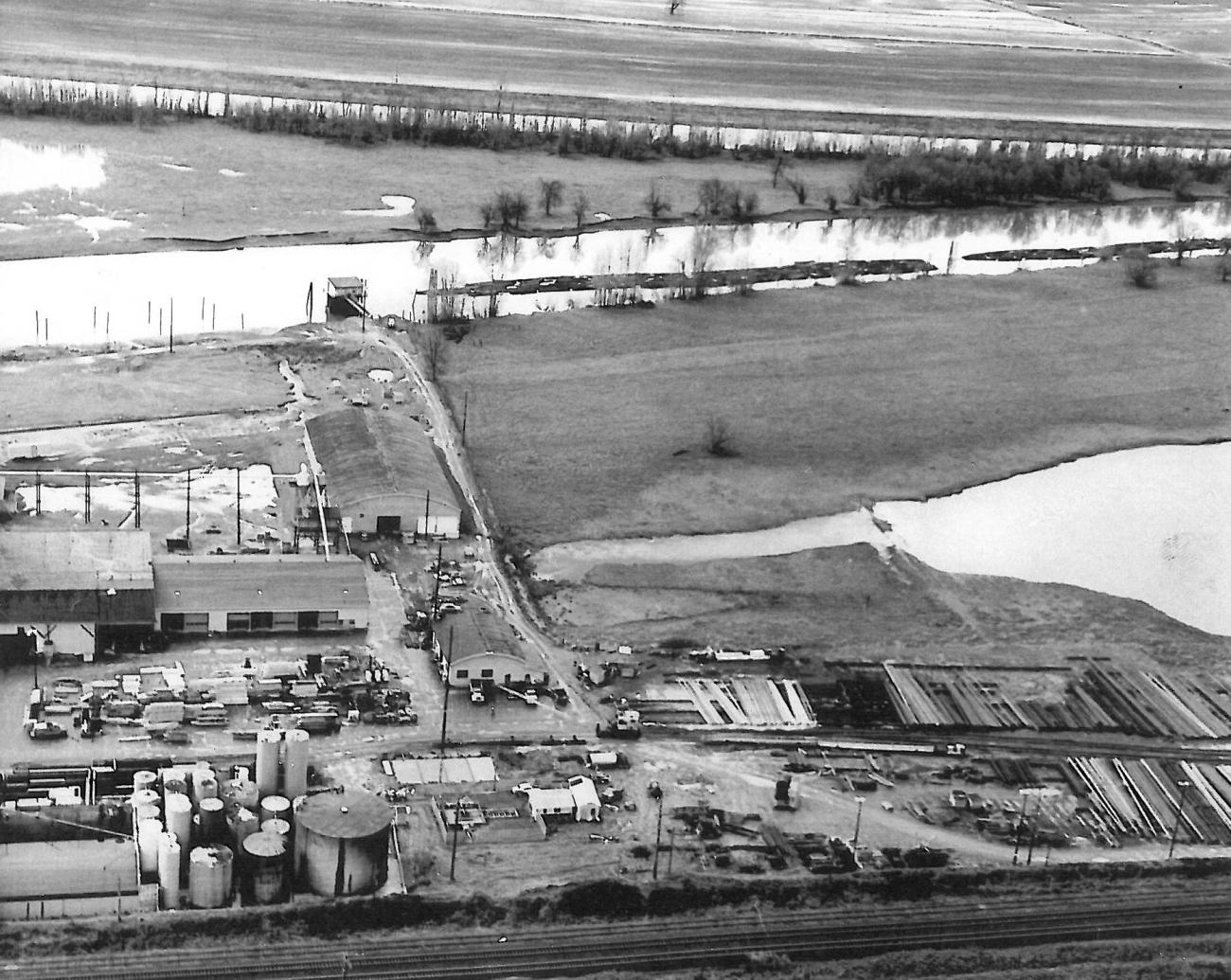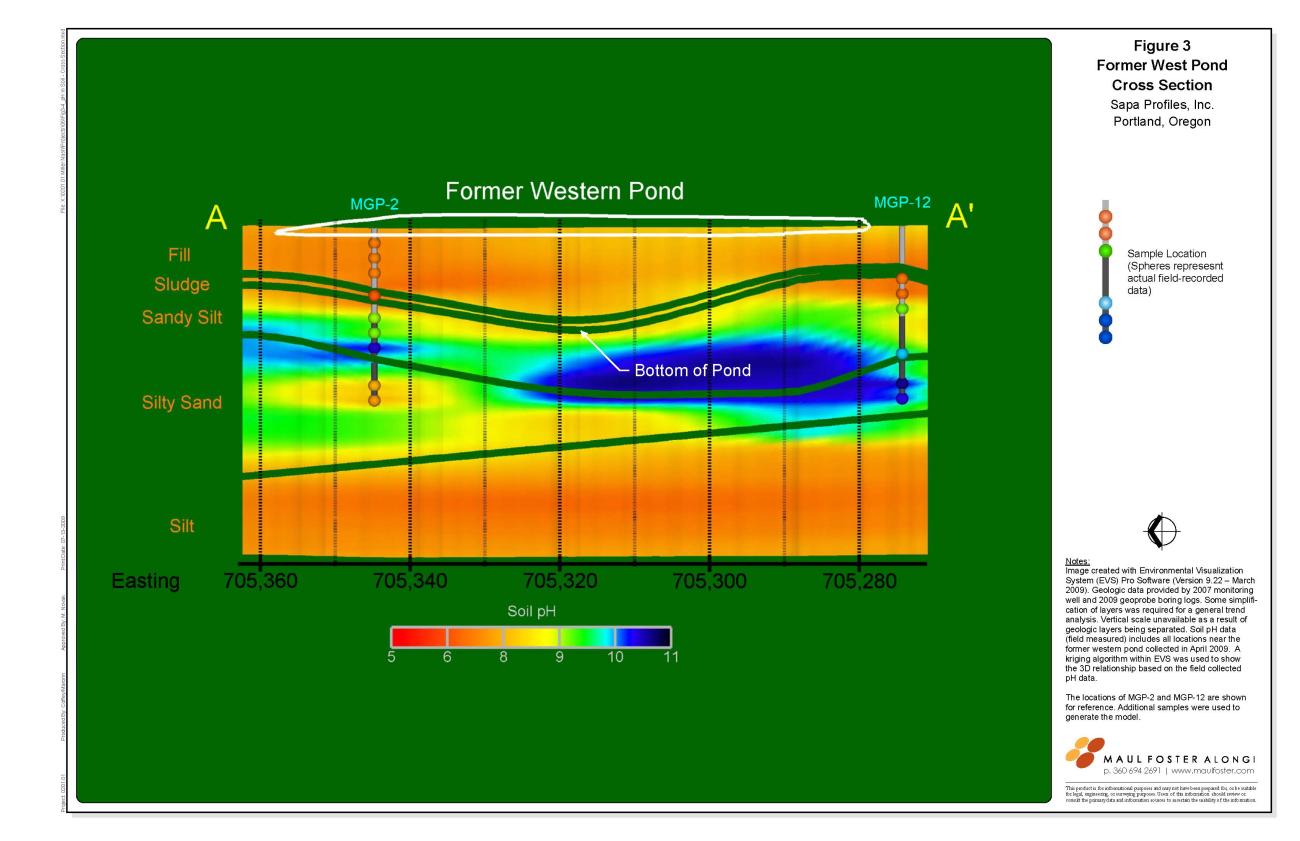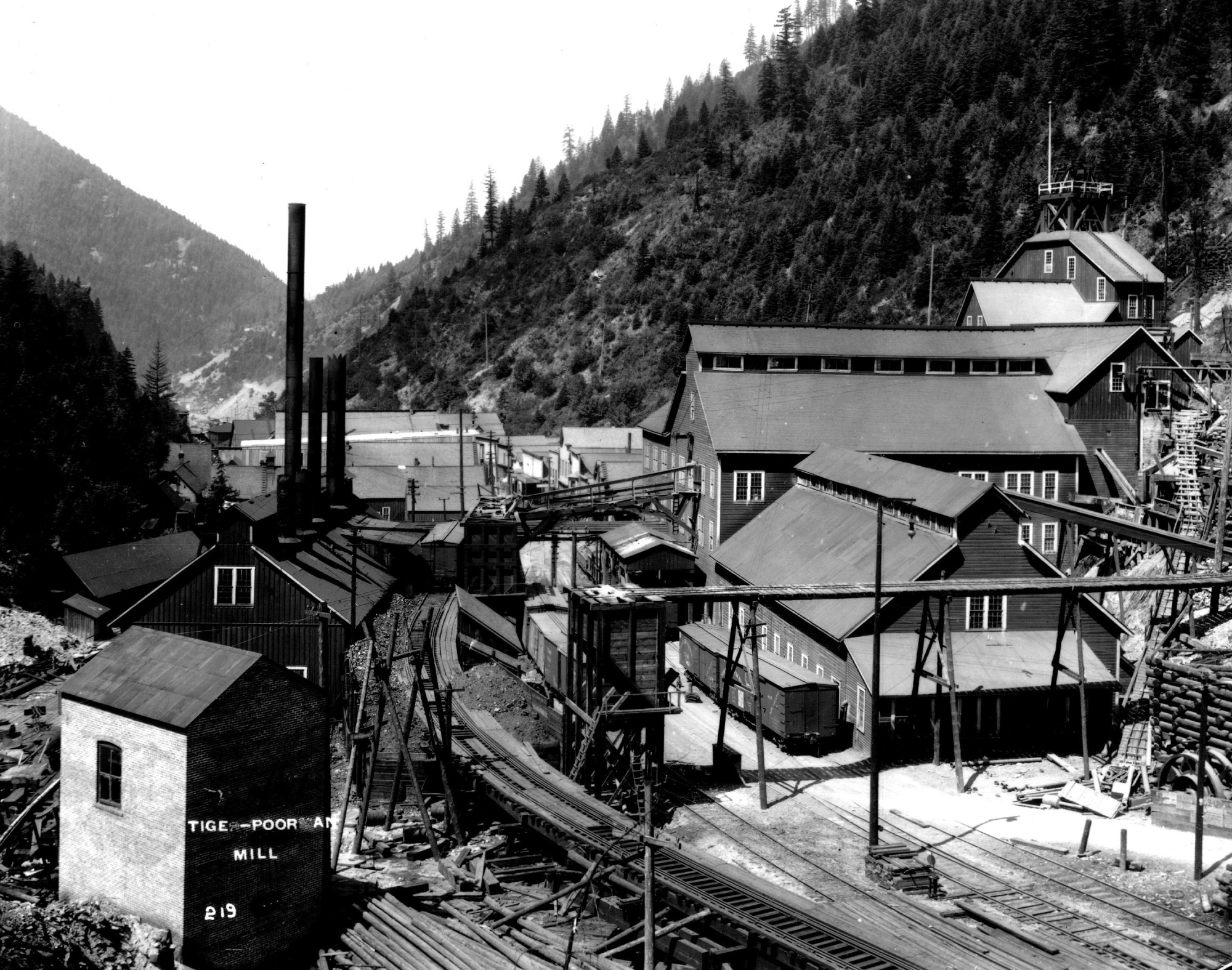
Silver Valley, ID
Characterization and Remediation at the Bunker Hill Superfund Site
Client Name
The Successor Coeur d’Alene Custodial and Work Trust, known as the Coeur d’Alene Trust, was created to implement remedial action projects at the Bunker Hill Mining and Metallurgical Complex Superfund Site in northern Idaho, where early mining and milling processes led to environmental contamination. The Coeur d’Alene Trust manages settlement funds from one of the mining companies to pay for the environmental remediation of Operable Unit 3, the Upper and Lower Basins of the Coeur d’Alene River watershed.
The Coeur d’Alene Trust, managed by a fiduciary trustee and three program managers, is implementing the remediation work in close coordination with EPA and other stakeholders. MFA supports the Coeur d’Alene Trust with program coordination and prioritization, programmatic documents, agency negotiations, strategic approaches, site characterization and monitoring, data management, remedial design review and compliance with applicable or relevant and appropriate requirements, and construction management.
Over the course of our work at the site, MFA has provided the Coeur d’Alene Trust with the following key project solutions:
Program Management
MFA assists the Coeur d’Alene Trust with long-term planning and prioritization of projects and coordination with EPA and other project stakeholders. MFA prepares programmatic documents and annual work plans for the Coeur d’Alene Trust and assists EPA in preparation of programmatic documents for the Superfund site. MFA also manages databases on behalf of the Coeur d’Alene Trust for documents, field and analytical data, and spatial information.
Site Characterization
MFA leads the effort on site characterization for mine and mill sites, riparian areas, streams and rivers, floodplains, and marshes in the Upper and Lower basins of the Coeur d’Alene River. The scope of services encompasses a large range of activities such as installation and sampling of monitoring wells, screening soils using x-ray fluorescence, coring and sampling sediment in floodplains, and collection of adit discharge water. Characterization efforts involve soil, sediment, surface water, and groundwater data collection, evaluation, and reporting. As part of this work, MFA uses its expertise in Geographic Information Systems and database management to draw findings from a multitude of intricate data sets, analyze historical and current data, and leverage spatial information. The data collected supports prioritization of sites and remedial action designs.
Data Management
The Coeur d’Alene Trust’s data management goals are to promote secure, consistent, and efficient management of data throughout the actions undertaken in the Upper and Lower basins of the Coeur d’Alene River. The Data Management System (DMS) developed by MFA is used as the repository and resource for data and documents associated with investigation, design, construction, and monitoring work completed by the Coeur d’Alene Trust. The DMS includes data collection and data management protocols that are summarized in a data management plan implemented by the Coeur d’Alene Trust team.
MFA created databases and libraries for historical and current analytical data, work plans, reports, photos, survey and mapping information, and design plans and specifications. MFA has organized thousands of records for samples that have been collected throughout the basins and is able to quickly locate relevant information when needed. MFA also maintains a secure online document system that makes documents available to the Coeur d’Alene Trust team and to EPA and other stakeholders as appropriate. Using all the tools available in the DMS, MFA presents environmental data in visual and intuitive ways to aid in site characterization and remedial design.
Loading Analysis
MFA completed a comprehensive mass loading assessment for the Ninemile Creek and Canyon Creek Watersheds to provide decisionmakers with the information needed to identify which remediation projects should be prioritized. The work uses a combination of data collection and management, contaminant modeling, and visualizations to clearly represent complex data. The loading assessment also helps to identify data gaps, provides information for site design, and highlights changes in site conditions over time. The use of a comprehensive mass loading assessment for site prioritization has been integral in providing decision-makers with the information needed to identify which remediation projects would be most beneficial.
Monitoring
MFA oversees the monitoring of soil, sediment, groundwater, and surface water at the repositories, mine and mill sites, wetlands, and watersheds. MFA leads the data collection, management, evaluation, and reporting for all monitoring efforts.
The water, sediment, soil, and biological elements are monitored at individual sites and/or at the watershed level to establish baseline conditions, evaluate loading of contaminants of concern, characterize sites, and evaluate remedial action effectiveness post construction.
MFA prepares plans to evaluate watershed and site remedial action effectiveness; one example is our assistance to EPA in its preparation of a revamped Basin Environmental Monitoring Plan. Remedial action effectiveness monitoring is tailored to the action/site and may include soil, sediment, surface water, groundwater, and biological elements.
Construction Management and Design Support
After site characterization, MFA’s support of the Coeur d’Alene Trust continues through the remedial design and construction phases. MFA provides a third-party technical review of the remedial designs prepared by other design engineers for the Coeur d’Alene Trust and promotes consistency throughout the program. During construction, MFA maintains records and provides as-needed support. MFA provided construction management services for the Remedy Protection Program, a multiyear program that we completed in 2019. MFA also supports the design team by providing support to show substantive compliance with applicable or relevant and appropriate requirements, such as Migratory Bird Treaty Act and National Historic Preservation Act.
"MFA is unique. I have come to expect having great people working on my project. Every person I meet from MFA is highly intelligent, consistently motivated and professionally competent."
"The Coeur d’Alene Trust project is a unique opportunity to coordinate multiple science and engineering disciplines to create positive environmental changes for communities on a large scale. The legacy of the impacts at the Bunker Hill Superfund Site has persisted for generations, and studies have been conducted for decades. It is exciting to be part of the Coeur d’Alene Trust team, who have accelerated cleanup actions throughout the site to protect human health and the environment."
Learn More
Contact Us!
Thank you for your interest in MFA! Whether you are looking to inquire about a project or are interested in learning more about our services, please reach out to the MFA Team!

